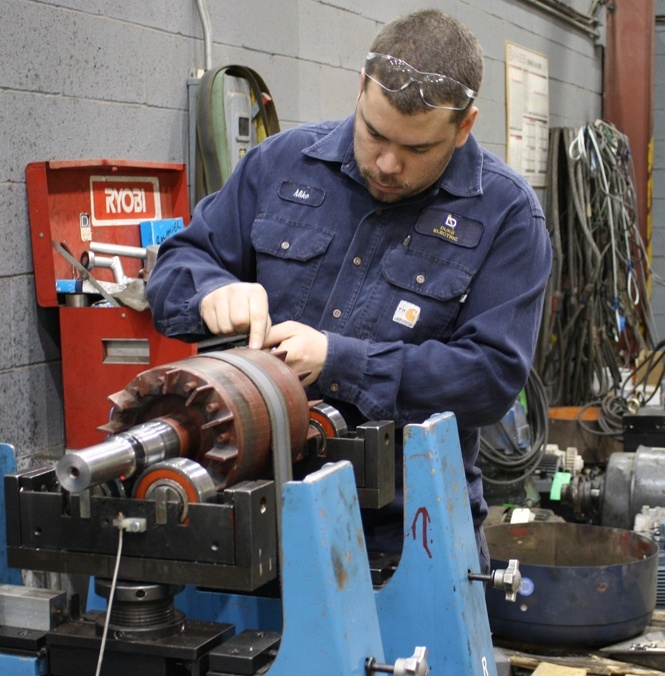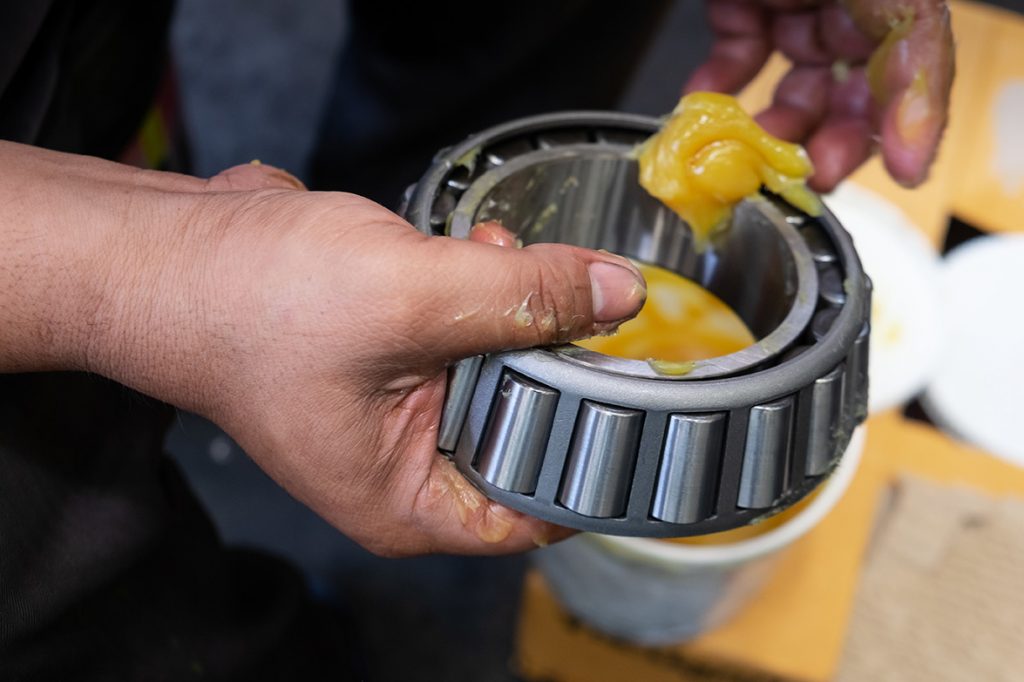Bad electric motor repair shops: 6 signs it’s time to break up November 5, 2020
A motor is down, and you’ve decided to repair it. (If you’re unsure whether to repair or replace, these questions can help.) But something’s bugging you about the service center you’ve been using. How can you tell the difference between a bad electric motor repair shop and a good one? Here are 6 signs it’s time to go shopping.
Bad sign #1 No stator love
A bad electric motor service center doesn’t perform proper stator core tests before and after a repair. The before test will reveal stator damage that may mean the repaired motor should be replaced instead of repaired. The after test will give you peace of mind that the core hasn’t been damaged during repair. A really bad service center will overheat the stator when softening the old windings prior to removal.
Bad sign #2 Unapproved motor mods
If your repair shop modifies your motor without consulting you, it’s time to say bu-bye. Any change to the OEM design, including bearings, shaft material, seals, fans and winding design can affect overall efficiency and other important characteristics of the motor. You may not be aware the change was made. And even if you are aware, it’ll be a hassle to return the motor to OEM standards, if it can be done at all.
Time for a new repair shop? It's time to give Duke a try.
Bad sign #3 Poor repair practices
A bad electric motor repair shop uses practices that aren’t recommended by EASA. Examples include using an open flame for stripping, which causes core plating losses and may warp the core; increasing the air gap, which increases copper losses in the stator and rotor and decreases power; overzealous grinding and filing, which decreases motor efficiency; and increasing stator winding resistance, which decreases efficiency and increases copper losses.
Bad sign #4 Skimpy testing equipment
Testing is key to identifying the causes of motor failure and ensuring repairs are performed properly. At a bare minimum, a motor service center should have (and regularly use) a voltmeter, wattmeter, ammeter, ohmmeter, megohmmeter, core loss tester and high potential tester. (A digital multimeter will perform many of those functions, too.) A surge tester, dynamometer, tachometer, vibration meter and millohmmeter take testing to the next level. A shop that offers thermography could be a keeper. All testing equipment should be calibrated annually against accepted standards. After all, what good is testing if the results aren’t valid?
Bad sign #5 Unauthorized repairs
A bad motor shop will perform repairs on motors that they lack the skill, experience and authorization to perform. Particularly when you have a motor that’s under warranty, you should break up with a shop that’s not authorized to perform the necessary warranty work.
Bad sign #6 No standards
A bad electric motor repair shop won’t have protocols in place to standardize their repair work. Without documented procedures, repairs are left to the whim of the technician. Some technicians may have minds like steel traps and never forget a single step. But on an off day, or when another tech needs to step in on a repair, or when the new guy is on the floor, a detailed checklist of required procedures will ensure your motor repair meets the standard.
Trust your gut. If you don’t feel your repair shop is up to snuff, investigate further. Do they skip stator testing? Do they act without your approval? Are they guilty of any of the repair practices we outline here? Is their testing toolbox pretty empty? Do they perform repairs they aren’t authorized for? And do procedures vary by technician? If the answer to any of these questions is yes, protect your motors by finding a new service center.







